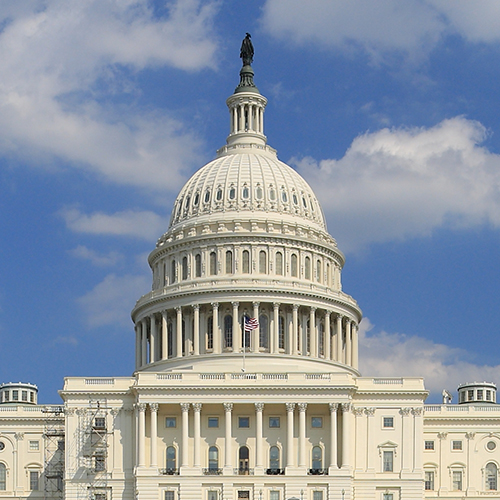In 1950, only one city in the world had more than ten million people. Today, 19 cities fit that description. Within 20 years, most of the world’s population will be concentrated in urban areas, according to statistics from the United Nations. What is the impact of this rapid urbanization? What can we learn from cities around the globe?
In October, the University kicked off a year-long series, “Now Urbanism: City-making in the 21st Century and Beyond,” that explores cities from a humanist perspective, focusing on such issues as social justice, environmental urbanism, ecological design, activism, social networks, leisure and culture, and the role of the university in resilient urbanism. Hosted by the Simpson Center for the Humanities, the series will include public symposia, faculty workshops, and graduate seminar courses. It is supported by the Andrew J. Mellon Foundation as a Sawyer Seminar, a prestigious program that encourages interdisciplinary forums.
“Sawyer Seminars are interdisciplinary by definition and that was appealing,” says Margaret O’Mara, assistant professor of history and co-director of the series along with Thaisa Way, associate professor of landscape architecture. “We were interested in a forum where faculty from diverse disciplines could come together. We have an extraordinary College of Built Environments, but only half of UW faculty with a focus on cities come from that college. Most of the rest are in the College of Arts and Sciences. This brings us all together.”

The seminar will consist of nine monthly events, each organized by a team of two to three faculty, with common threads running throughout. “The topics are designed to give a narrative arc over the year,” says Way, “with each topic narrow enough to be a focus but broad enough to look at multiple perspectives simultaneously.”
O’Mara and Way point out that cities are often viewed in terms of statistics, with rules and regulations grounded in interpretations of those statistics. What’s missing from that equation is the humanistic perspective that Now Urbanism will provide. “The value of the humanistic approach is that it takes an issue and goes beyond the statistics to make it real,” says O’Mara. “It brings the narrative, the story, together with the data, which can move people to act.” She adds that the series will emphasize what’s working well and how to take advantage of best practices. “Without being too much of a Pollyanna, let’s celebrate what’s great about cities and capitalize on it as a way to address the problems of cities,” she says.
With guest speakers and moderators ranging from political leaders to landscape architects to urban activists, the seminar will be global in focus but with frequent references to Seattle. “One of our goals is to connect the local and global,” says O’Mara. “This is not intended to be a Seattle-centric seminar, nor one that turns its back on local issues. The goal is to bring these together.”
More Stories

Is This Presidential Campaign Different?
UW History professor Margaret O'Mara provides historical context for this moment in US presidential politics.

Democracy by the Numbers
Mathematics and Democracy, an undergraduate mathematics course, explores the role of math in many aspects of democracy, from elections to proportional representation.

Making Sense of This Political Moment
To navigate this momentous election season, Arts & Sciences faculty suggest 10 books about the US political landscape.